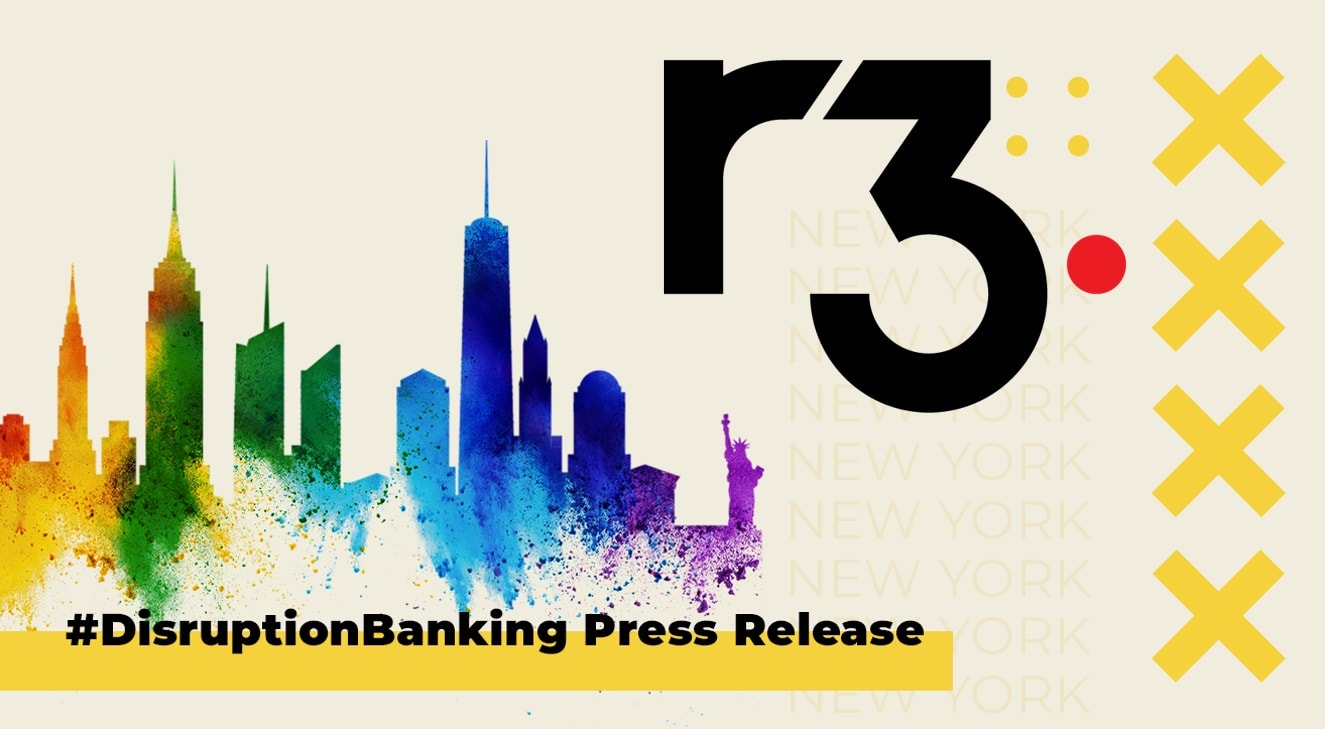Paul Atkins, a former SEC commissioner, has officially been named the new Chair of the U.S. Securities and Exchange Commission (SEC). This appointment, set to take effect on January 20, 2025, marks the end of Gary Gensler’s time as chair. Gensler, whose term was supposed to run until June 2026, announced he would step down early. The shift in leadership, happening as President-elect Donald Trump prepares to take office, could bring big changes to the crypto world.
Paul Atkins is President-elect Donald Trump’s choice to lead the US Securities and Exchange Commission, suggesting four years of relaxed policy and enforcement for #crypto firms to #hedgefunds.https://t.co/hgd86qwNkx
— #DisruptionBanking (@DisruptionBank) December 5, 2024
Gensler’s time at the SEC has been tough on crypto. His strict approach labelled many digital assets as securities, leading to lawsuits against big names like Binance, Coinbase, Ripple, and more. The industry often accused him of creating confusion instead of clarity. His exit follows Trump’s pledge to “fire Gary Gensler on day one” during a July Bitcoin conference. Trump’s words, met with roaring applause, made it clear the crypto community was ready for change. “The day I take the oath of office, Joe Biden and Kamala Harris’ anti-crypto crusade will be over,” the incoming president added.
“On day one I will fire Gary Gensler”
— The Bitcoin Conference (@TheBitcoinConf) July 27, 2024
– President Donald J. Trump #Bitcoin2024 pic.twitter.com/dx22QgrY4T
Paul Atkins is seen as a friendlier face for crypto. Known for supporting fewer regulations, Atkins has argued that overregulation pushes innovation out of the country. He’s tied to the Chamber of Digital Commerce, which backs blockchain technology, making him a popular pick in the crypto space.
In an earlier interview, Atkins said the SEC was “a mess right now,” emphasizing the need for a change in direction. His leadership might open doors for companies like Binance and Coinbase to operate without the constant fear of lawsuits. It could also create an environment where innovation can thrive without unnecessary hurdles.
Atkins, a former SEC commissioner, has been a vocal advocate of cryptocurrency. https://t.co/L6Bo7VoVjz
— Brett Murphy (PatriotPointman) (@PatriotPointman) December 5, 2024
What Could Change for Crypto?
Atkins is a well-known advocate for balanced regulation, believing that excessive oversight can stifle innovation. During his time as an SEC commissioner, he consistently pushed back against regulatory overreach, arguing that clear and fair rules are essential for fostering growth in new financial technologies.
In a recent interview, Atkins emphasized, “The SEC’s approach needs a reset. Crypto is here to stay, and it’s time we support its growth responsibly.” His words have sparked hope across the industry, signalling a possible shift from enforcement-driven policies to more collaborative regulation.
Stablecoins could see significant changes, too. Stablecoins and decentralized autonomous organizations (DAOs) are key parts of the crypto ecosystem. Atkins’ focus on innovation could lead to better, fairer regulations, helping the U.S. become a leader in these areas.
In April 2024, major stablecoins like USDT, USDC, and DAI had a combined 30-day transaction volume of $1.369 trillion, beating Visa’s 2023 monthly $1.23 trillion average. With better regulations, this market could grow even bigger.
Under Gensler, the SEC aggressively pursued lawsuits against crypto companies, which was often described as a “war on crypto.” Atkins might take a softer approach, reducing legal battles. For example, Binance’s global market share shrank from 62% in 2022 to around 40% in 2023, partly due to regulatory issues. A more balanced policy could help companies recover and expand.
Coinbase is facing a US probe into whether it improperly let Americans trade #digitalassets that should have been registered as securities. Gary Gensler, Chair of the SEC, has been clear that he views digital tokens as securities:https://t.co/8EiPzwpu8j
— #DisruptionBanking (@DisruptionBank) July 26, 2022
Thus, Atkins’ leadership could mark a major shift, reducing legal pressures on crypto firms and creating a more welcoming environment for innovation. His focus on collaboration over conflict might pave the way for a healthier relationship between regulators and the industry.
The crypto industry has long called for clear regulations. Right now, there’s still no definitive answer on whether Ethereum is a security. A 2023 report by Natixis Investment Managers revealed that 56% of institutional investors believe that greater regulatory clarity would boost crypto prices and open the door to new investments. Similarly, PwC’s 2022 report found that 83% of hedge fund managers not currently investing in crypto view regulatory uncertainty as a primary obstacle. Atkins’ leadership could finally provide the clarity the industry needs.
Atkins is expected to create policies that encourage innovation. Sectors like decentralized finance (DeFi) and initial coin offerings (ICOs) could benefit greatly. DeFi alone is worth over $46 billion, but it has faced constant scrutiny under Gensler. For instance, in 2023, the SEC took 26 cryptocurrency enforcement actions, reflecting its commitment to enforcing anti-fraud and securities regulations within the crypto space. A supportive regulatory environment could help these sectors recover. Clearer rules could make it easier for token issuers to raise funds and for DeFi projects to innovate and grow without fear of sudden enforcement.
The crypto market wasted no time reacting positively to Atkins’ confirmation. Bitcoin surged 12%, breaking the $100,000 mark for the first time, while Ethereum climbed 6% to reach $3,750. These moves show the market is hopeful about what Atkins’ leadership could bring. Investors see Atkins as a nonsense industry disruptor who could finally align U.S. regulations with global standards, boosting confidence and attracting new investments.
President-elect Donald Trump’s pick of a #crypto proponent to be the next head of the US #securities regulator lifted #Bitcoin to $100,000 for the first time as traders warmed to the prospect of relaxed regulations.https://t.co/fqFrFrOlph
— #DisruptionBanking (@DisruptionBank) December 5, 2024
Jumping the Hurdles
While Atkins’ approach is promising, it’s not without risks. Easing regulations too much could make the market vulnerable to scams and fraud. Additionally, other countries may not align with U.S. policies, causing challenges for international crypto companies.
Institutional investors like BlackRock and Fidelity are also watching closely. Inconsistent policies could still hurt their confidence in the market. Meanwhile, regions like the European Union, with clear frameworks like MiCA, continue to attract blockchain startups. If the U.S. doesn’t act soon, it risks losing its competitive edge as a leader in blockchain innovation.
Paul Atkins’ appointment sets a new tone — long awaited — for the SEC and the crypto industry. Key areas he’s likely to focus on include establishing clear rules for DeFi, stablecoins, and token classifications; supporting blockchain innovation while protecting investors; signing U.S. regulations with global standards to attract more investment, and perhaps other crypto-allied actions sympathetic to his boss’s, Trump’s, goals.
Trump To-Do list for Bitcoin
— Trader T (@thepfund) November 6, 2024
– Fire Gary Gensler (Day 1)
– National Bitcoin Stockpile
– Make US 'Crypto Capital of the World'
– Boosting US Bitcoin Mining
– Regulatory Changes
– Crypto Advisory Council (100 days)
– Right to Self-Custody
– No CBDC
– The U.S. government will keep…
The next few years will be determinative for the future of crypto in the U.S. Under Atkins’ leadership, the SEC has a chance to strike a balance between oversight and growth. His policies could make the U.S. a global leader in crypto innovation — or risk leaving it behind as other regions move ahead.
Author: Ayanfe Fakunle
The editorial team at #DisruptionBanking has taken all precautions to ensure that no persons or organisations have been adversely affected or offered any sort of financial advice in this article. This article is most definitely not financial advice.















